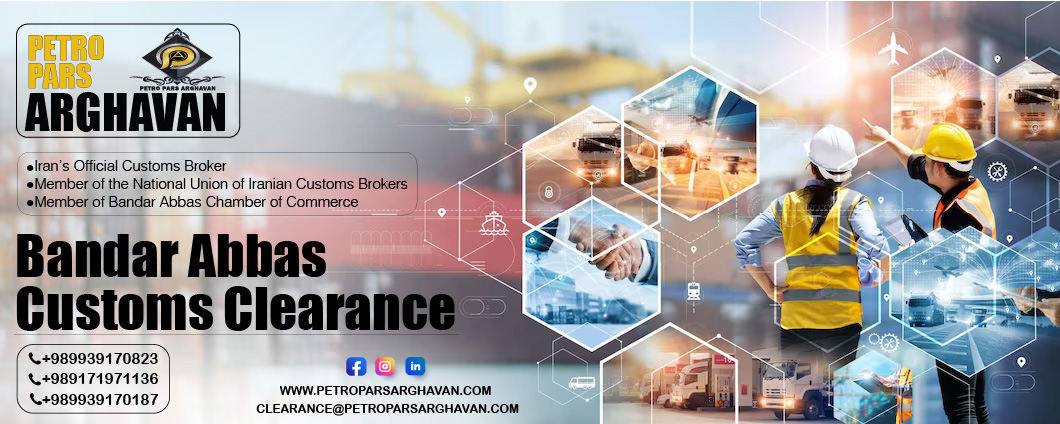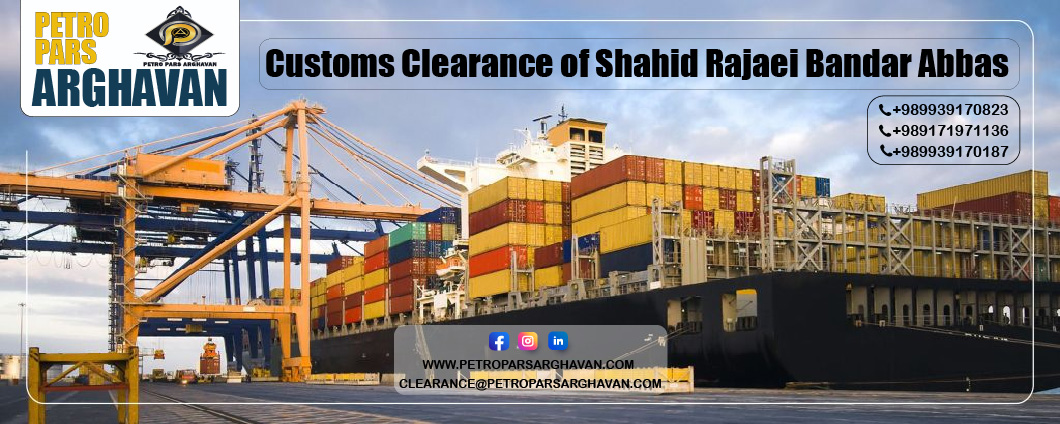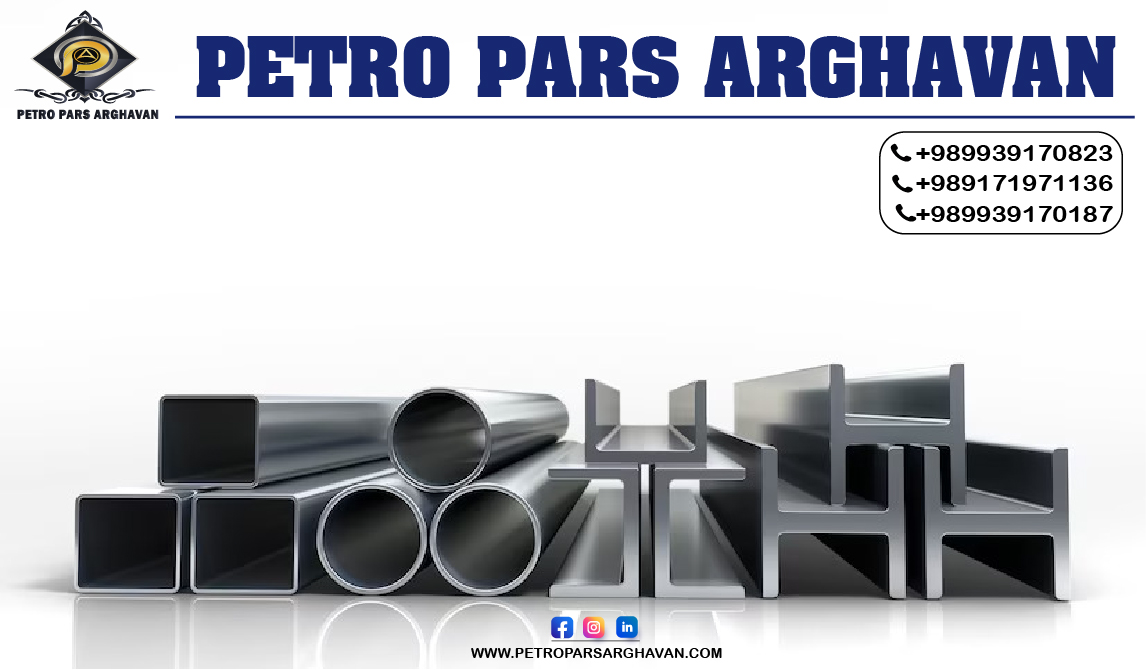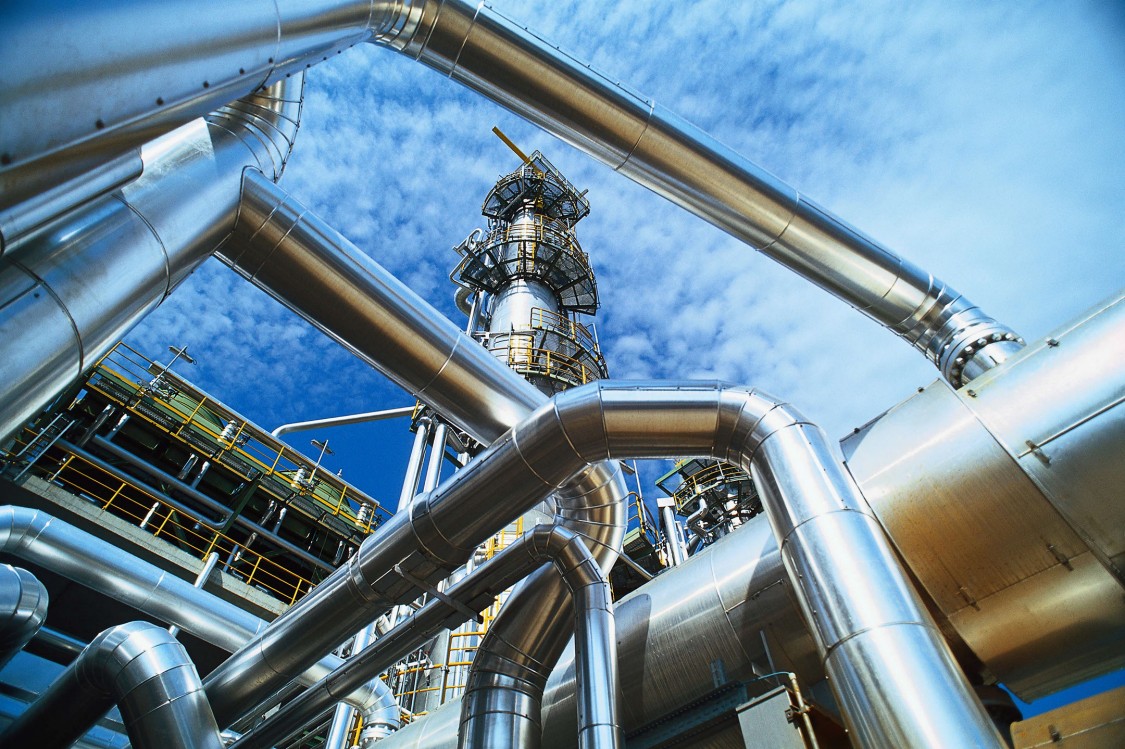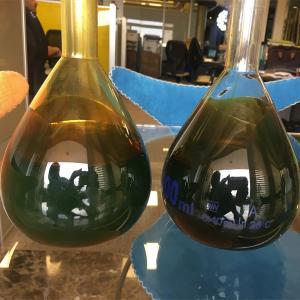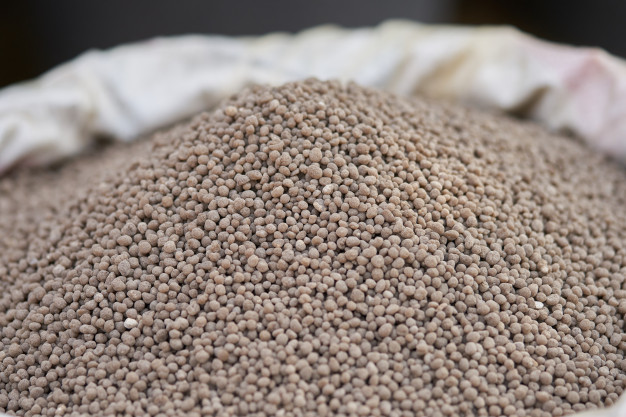
Integration into the world economy has presently gotten to be an established approach of the Iranian government. In this regard, the new Foreign Investment Promotion & Protection Act (FIPPA) of 2002, among other things, has opened up new roads toward closer and intensified cooperation with other countries. The data contained in this guide is planned to serve the requirements of potential investors who are willing to take part in long-term beneficiary investment projects in Iran.
1.Reasons for Investing in Iran
Iran meets the requirements in many respects as a good place to invest and do business. Some of the features are highlighted below:
A. Strategic and important Location:
Special geographic place at the center of the crossroads connecting the Middle East, Asia, and Europe, along with numerous interregional and transregional trade, customs, tax, and investment agreements;
B.Market Possibilities and Proximity:
Huge domestic market with a populace of 83 million people with constant growth and as well as fast access to neighboring markets with around 350 million people;
C.Labor Privileges:
Large numbers of skilled and capable workers at very competitive costs in an expanded economy with a broad industrial base and a broad service sector;
D.Developed Infrastructure:
The Country has developed telecommunications, energy, water, road, and rail networks across the territory;
E.Low production and supply costs:
Expand range of energy, telecommunications, transport, and utilities;
F.Abundant Natural Resources:
Diverse and abundant reserves of natural resources, ranging from oil and gas to metallic and non-metallic kind, therefore it means the country has high and easy accessibility to available raw materials;
G.Climatic Features:
A climatic endowment of four seasons as an advantage for agricultural activities in the whole country and in all seasons;
H.Tax breaks:
Tax rates reduced from 65% to a fixed rate of 25% of income tax, although several tax exemptions are highlighted as follows:
I.Political stability:
Representative system of government is based on amicable relations with other nations;
J.Upgraded Investment Legislation:
Adoption of the New Foreign Investment Promotion and Protection Act (FIPPA), which replaces the previous Law Concerning Attraction and Protection of Foreign Investments in Iran (LAPFI), which provides complete security and legal protection for foreign investments based on transparency and international level of standards.

1. Legal corpus: rules and regulations for foreign investments in Iran
The legal corpus for foreign investments in the Islamic Republic of Iran consists of the Foreign Investment Promotion and Protection Act (FIPPA) and the FIPPA Implementing Regulations as well as the applicable laws for the establishment and conduct of economic activities in the Country. While potential investors are advised to have a thorough understanding of the laws that are directly related to their interests, they are also advised to familiarize themselves with certain legal provisions that are fundamental to their day-to-day affairs, such as those relating to company formation and administration (commercial code and company law); Registration of companies, branches, and representative offices; Import/export regulations; Taxation; Protection of industrial and intellectual property; Situation of foreigners (entry, residence and work permit); Banking and insurance; Regulations of free and special economic zones, etc.
Status of FIPPA:
Since 1955, the legal framework of the Iranian foreign investment regime has been defined in the Law on the Attraction and Protection of Foreign Investment (LAPFI). In addition, in line with the reforms of the general economic framework, the Iranian Parliament has committed to propose and approve a plan for a new Foreign Investment Law, entitled: The Law on Promotion and Protection of Foreign Investment (FIPPA), ratified in May 2002 approve has been in force since 1955. The replacement of LAPFI by FIPPA has further improved the legal framework and the general conditions for foreign investors in Iran. Some specific enhancements introduced by FIPPA for foreign investment in Iran can be described as follows:
Broader areas for foreign investor participation, including key infrastructure; Recognizing new models of foreign capital exposure in addition to FDI, e.g. project Financing, Buy-Back agreements, and Build, Operate & Transfer programs; simplified and quick approval and licensing process for investments; Creation of a one-stop institution called “Foreign Investment Service Center” in the Organization for Investment, Economic and Technical Assistance of Iran (OIETAI) to provide targeted and efficient support to foreign investment ventures in Iran; Greater liberalization of foreign exchange mechanisms for foreign investors; Introduction of new legal possibilities for relations with state investors. General Macroeconomic Framework and Structural Mechanisms: The development of foreign investment applications in Iran since the ratification of FIPPA shows that the new economic environment and the improved legal and regulatory framework for foreign investment have opened up great foreign investment potential for Iran through a concern and effort that aims to provide transparent communication of the latest state of the art in dynamic foreign investment and the economic framework of Iran.
FIPPA Highlights:
General Features: The Government of the Islamic Republic of Iran welcomes foreign investment in all areas of the economic activity of foreign persons, including individuals and legal entities. An investor is defined as natural and legal persons as well as Iranian citizens and companies based in Iran or abroad. Equipment, raw materials, spare parts, specialized services, and intellectual property for investment purposes in industry, mining, agriculture, and services are entitled to the privileges and facilities of FIPPA. The advantages and facilities shall be granted to foreign investors who obtain the Investment License. In general, foreign investment in Iran is free for all investors, but such facilities and privileges are only granted to those investors seeking FIPPA coverage by filing an application with OIETAI, the central government agency, which is licensed and to protect the interests of foreign investors during the useful life of their activity in Iran, regardless of the nature and form of the investment Commits the Iranian government not only to facilitate the free flow of capital repatriation but also to provide full and fair compensation for government expropriation measures and disruption to the activities of foreign investors. Under FIPPA, foreign capital is defined very broadly and diversely and can be in the form of cash or material assets, i.e. machines and equipment, raw materials, spare parts, specialized services, and intellectual property.
It should be noted that under FIPPA, it is not legally allowed to impose restrictions of any kind on the manner of investment, type of investment, investment volume, percentage of ownership, repatriation of profits and capital, as well as the internal relationships between the parties.
2.Covered Risks:
In general, FIPPA provides complete protection against risks that are commonly referred to as “non-commercial risks.” These risks are usually insured by export credit and investment insurance agencies. and expropriation remains the cornerstone of the risks attributed to an investment in a host country. FIPPA honors all rights and privileges of investors by facilitating and providing the necessary foreign exchange for transfer purposes, matters to be related to the transfer of benefits. as well as issues related to the repatriation of capital, in fact, the FIPPA recognizes the right of transfer as the fundamental right of foreign investors. There is no limit to the amount of profit that can be transferred, as well as the amount of capital and capital gains that can be repatriated. In the area of expropriation and nationalization of foreign assets, FIPPA recognizes the rights of investors to receive compensation based on the market value of the expropriated assets immediately on the day prior to the expropriation. In addition to the foregoing, FIPPA also recognizes the rights of foreign investors in cases where, as a result of the passage of a law and/or by decision of the government, the implementation of a project is taken or interrupted, in such cases, the government has an obligation to all Guarantee payments that should be paid when due.
3.Facilities Offered:
FIPPA manufactures and offers a variety of new facilities, all of which are geared and oriented towards the interests of foreign investors. Of importance is the establishment of the Center for Foreign Investment Services (CFIS) in the OIETAI facilities, which enables newcomers, irrespective of whether they are Iranian or foreign, to have direct access to relevant government organizations and authorities via the resident representatives of these organizations, while at the same time providing up-to-date information without having to make use of them Gathering first-hand information from the most relevant agencies the decision-making and investment implementation phase based on preliminary studies on the feasibility of the project, compilation of information on the regulatory framework and preparatory work. For the granting of investment permits, the right to the operational phase, which may require certain coordination and monitoring activities for the appropriate realization of the investment project. From FIPPA’s point of view, foreign investors enjoy the same and equal treatment as local investors. There should be no discrimination against foreign investors and all facilities, privileges, and exceptions are extended to foreign investors equally. Most-favored nation treatment can, however, also apply to investors from countries with which the Iranian government has concluded a bilateral investment treaty (BIT), which provides for more favorable treatment than national treatment.
Under FIPPA, the form, type, and scope of the investment, the participation rate or profit and capital repatriation, as well as the internal relationships between the parties to the investment project are not restricted. In addition, FIPPA is introducing new legal options. In terms of government-investor relations, it symbolizes the Iranian government’s responsive and constructive approach to safeguarding the interests of foreign investors. There are several cases in FIPPA, as well as in the Implementing Regulation, which focus on the freedom of the foreign investor to choose between a variety of alternatives, the best option compatible with their expectations, which may range from one choice, among other things the participation quota, the management, the compensation claims resulting from the expropriation, the additional security roof to receive the compensation resulting from the state intervention to a wide range of transfer options from access to the banking system to free access for exports and other income in Foreign currency and the like.
*Recognition of the fundamental rights of foreign investors as well as equal treatment of local investors, the introduction of new legal possibilities with regard to relations with state investors, facilitation of entry and exit visas, residence and work permits, etc., the simplified and accelerated investment permit and approval procedures are just some of the new possibilities offered to foreign investors under FIPPA.
Last but not least, there are a number of facilities in the areas of entry and exit visas, residence and work permits for investors, managers, directors, and experts as well as their immediate relatives that create long-term comfort and trust with those associated with investment projects through a constant presence on the asset they have invested.
4.Broad Perspective:
FIPPA envisages investment in all areas of economic activity in Iran In fact, there is no area other than those related to arms, ammunition, and collateral, which are closed to foreign investment According to Article (3) of FIPPA divides foreign investment into two broad categories:
*Foreign direct investment (capital investment), in all areas open to the Iranian private sector through participation in the capital stock of Iranian companies, either in entirely new projects or in existing Un company or company. The investments are not limited in percentage terms, contrary to previously announced that a foreign investor cannot hold more than 49% of the shares in Iran. Such a restriction is completely irrelevant and even contradicts current general policy and legislation.
*Foreign “indirect” Investment (Non-equity Forms) within the framework of contractual agreements that provide for any type of investment according to FIPPA except direct investments. Although the agreements recognized under FIPPA are limited to civil participation, repurchase, and BOT agreements, but any of the forms can be divided into different types under the same title. Different types of BOOT, BOO, BLT, ROT, etc., as well as project finance and profit-sharing agreements, are of importance, meaning any type of investment that the investor is not involved in and/or does not qualify from a property perspective falls into these broad category known as “indirect” investment. This category stipulates that foreign investors penetrate into areas that are closed to the sector themselves or into areas of upstream fields or national projects in which direct participation is not permitted by law.
Regardless of the type of investment, foreign capital within the meaning of FIPPA is not only the funds that are paid out to cover the investors’ participation in the capital stock, but also the funds that can be made available to an Iranian recipient company in the form of loans and financial facilities (Shareholder loans and debt financing).
The term foreign capital in the sense of FIPPA can include both. How the loan is treated under FIPPA depends on the wishes and consent of the investor. Investors/financiers have two options: One option is to take the loan to be treated as part of the foreign investor’s investment in the project; In this case, the repayment of the loan depends on the economic performance of the project, without a repayment guarantee from the state, banking system and/or state-owned companies. The other option is to treat the loan as a stand-alone funding alternative outside of FIPPA coverage. In this case, the reimbursement can be secured by a guarantee from one of the authorities a. In summary, FIPPA coverage only applies to funds that enter the country as investments and not to funds whose repayment is guaranteed through bank instruments.
In addition to direct investment (FDI), other investments can also be made in various forms of foreign financial facilities, such as buyback arrangements, various BOT schemes, project financing, and civil partnership modalities can also enjoy the coverage of FIPPA.
5.Investment Approval and Application Process
According to FIPPA, the approval process for investment permits is very short and simplified. As shown below, the entire approval process is structured in four stages as follows:
Stage 1: Submitting the application to OIETAI:
Applicant It is recommended to ensure that the information contained in the application form is carefully classified, preferably from the feasibility studies and, if not available, the latest information and data on the project in which you intend to invest. The OIETAI staff can be consulted during the preparatory work for submitting the application.
Stage 2: Examination of the application by the FIB:
The OIETAI prepares a report on the application, which is to be examined by the FIB for a decision. more than 15 working days after receipt of the request. Representatives of foreign investors are usually invited to participate in the FIB meeting. However, the board of directors must make its decision after one month at the latest.
Stage 3: Submission of the draft license:
To ensure that the investor is satisfied with the decision of the Board of Directors, a draft license is sent to the investor before the license is granted. Final investment license. This gives the investor the opportunity to review the details of the licensed content as a sign of non-objection before the final delivery. OIETAI welcomes any comments that contradict the decisions made and stands ready to take the matter on.
Stage 4: Issuance of the investment license:
The final license will not be issued under any circumstances unless the investor officially informs OIETAI of his confirmation of the content of the draft license. In the draft, the definitive investment permit is issued with the signature of the Minister of Economics and Finance. In order to facilitate the preparation of documentation for submission to the OIETAI, one application form has been designed.
Potential investors are asked to contact the OIETAI staff when completing the form. In addition to the specific form to be submitted for the granting of investment permits, other documents can be considered appropriate and/or submitted in addition. By ticking the appropriate checkboxes, ensure that the required documents are attached to the application form.
As explained in stage 2 of the investment approval process, OIETAI staff prepare a report based on the information provided, which is reviewed by the Foreign Investment Board (FIB) for a positive decision. act as the highest authority in the investment approval process The members of the FIB are representatives of the most important executive and decision-making bodies of the government.
- Deputy Minister of Economic Affairs and Finance and president of the OIETAI, as the Chairman of the FIB;
- Deputy Minister of Foreign Affairs;
- Deputy Head of State Management and Planning Organization;
- Deputy Governor of the Central Bank of the Islamic Republic of Iran.
These four senior officials will serve as permanent members of the Board of Directors. Members at the same level of the rank of the line ministries, depending on the merits of the project under investigation, that a positive role of the responsible ministries in the decision-making process. The decision of the Board of Directors on each individual investment application must be communicated to the applicant as explained in stage 4 above.
As explained above, the final investment permit after receiving written confirmation from the foreign investor stating that the content is acceptable, will be signed and definitively issued by the Minister for Economic Affairs and Finance. The investment permit usually contains the main and basic characteristics of the investment details as well as the rights and obligations of the investor in relation to the sanctioned investment project (if any). The content includes, among other things, the name of the investor; the project or company being invested in; the percentage of participation required for direct investment; the name of the local Iranian investors; and it extends to the volume of the total capital investments to be imported by the foreign investor (s) and their contribution to social capital and, if applicable, the additional financial resources made available by the investor(s).
The License is usually continued with the recognition of the rights of foreign investors to transfer profits, the reimbursement of funds, the payment of fees and allowances for technology transfer agreements (license fees), and finally the right to capital repatriation which may result from the sale of shares or the liquidation proceeds, the capital and the benefit (interest) of the financial facilities and any other transfer of foreign currency in the context of the investment project). The license may also cover other subjects which, in the opinion of the Directors and/or at the request of the investor, are found and deemed necessary to be dealt with accordingly. with a deadline for the import of at least the first capital tranche to be imported into the country for the purpose of commissioning and implementing the project in question.
For advice and investment in Iran, you can contact the experts of Petro pars Arghvan Company.


